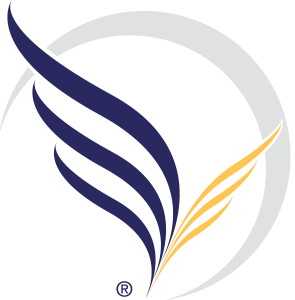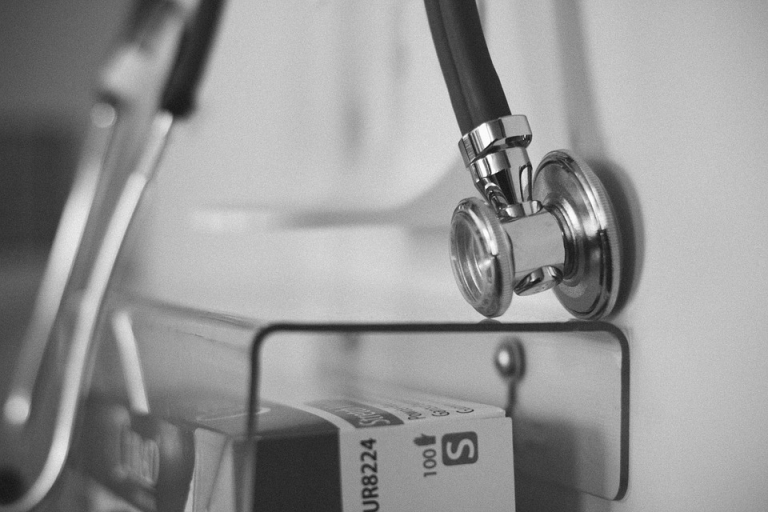Varicose veins are unsightly, swollen and visibly blue veins that appear . While many people are more concerned about the cosmetic challenge found with this condition, other varicose vein sufferers experience health consequences that warrant prompt medical attention. It is even possible to have symptomatic vein disease while having no visible varicose or spider veins.
To what extent can varicose veins affect blood pressure and cardiovascular health remains somewhat of a medical mystery. However, doctors do know that it contributes to blood pressure conditions like venous hypertension and other illnesses that could put a person’s life at risk. Orthostatic hypotension, a drop in blood pressure when going from a supine to standing position may be partially attributable to pooling of blood in varicose leg veins.
What Causes Varicose Veins?
A number of different factors and health conditions cause varicose veins to develop. Some of the primary contributors include pregnancy, standing for long periods of time, inactivity, obesity and genetics.
Additionally, women are at a greater risk of developing varicose veins than men because of hormonal differences and the effects of pregnancy. However, men are not immune to the development of varicose veins. Anyone can get varicose veins and should discuss their concerns with a physician right away.










